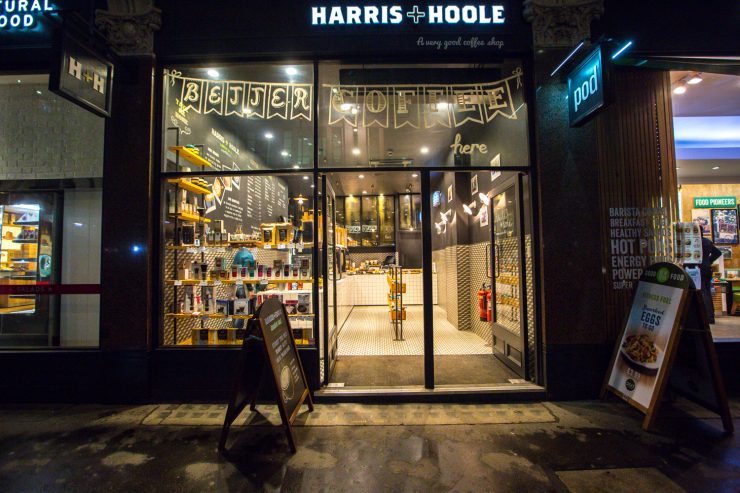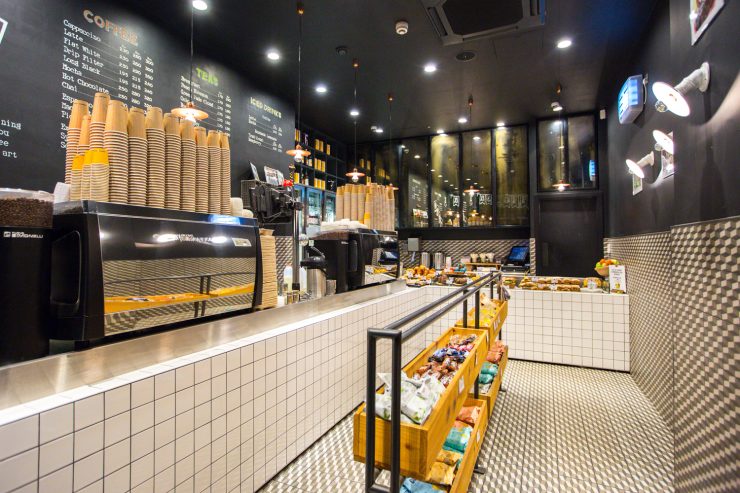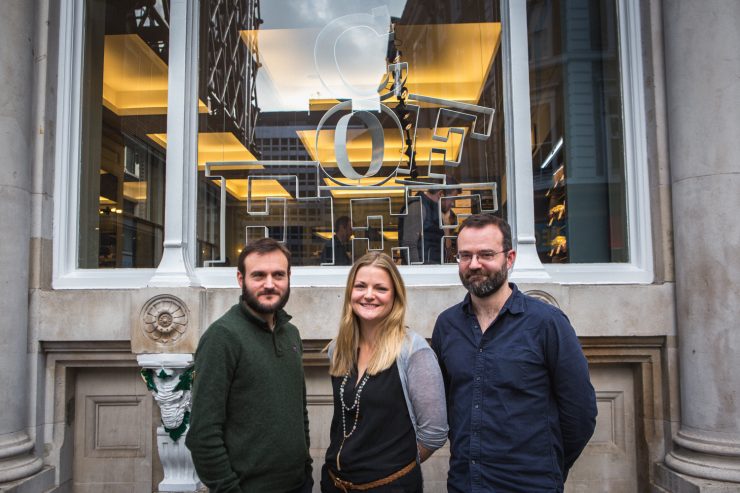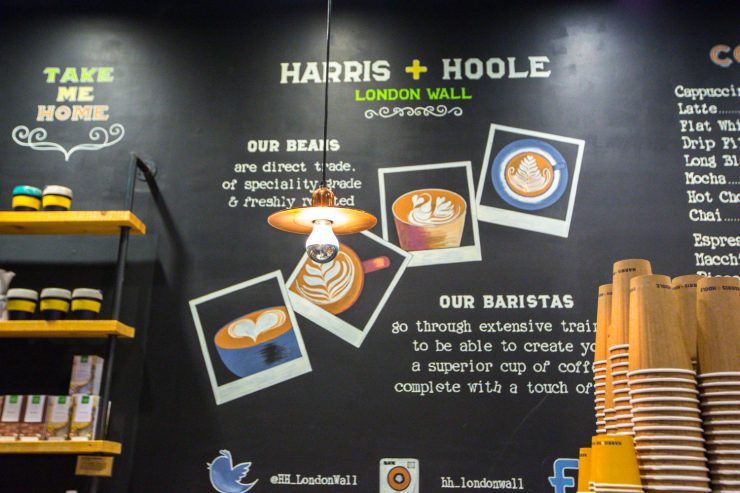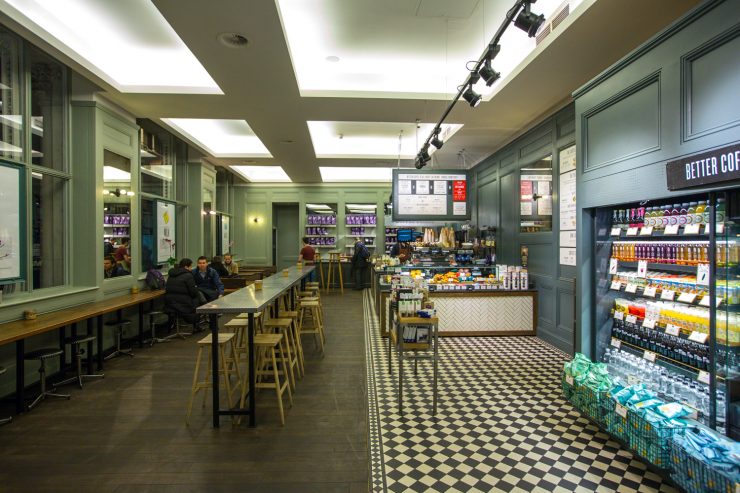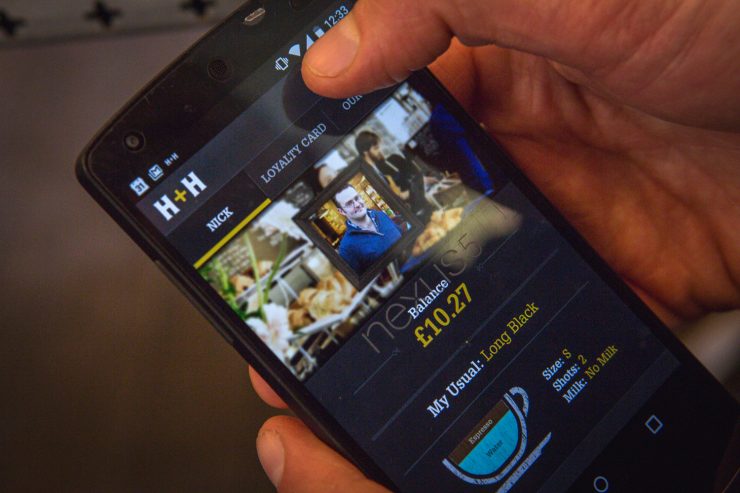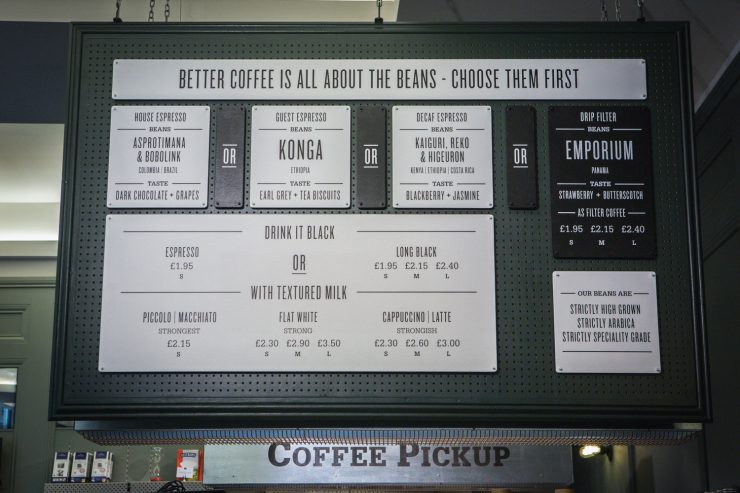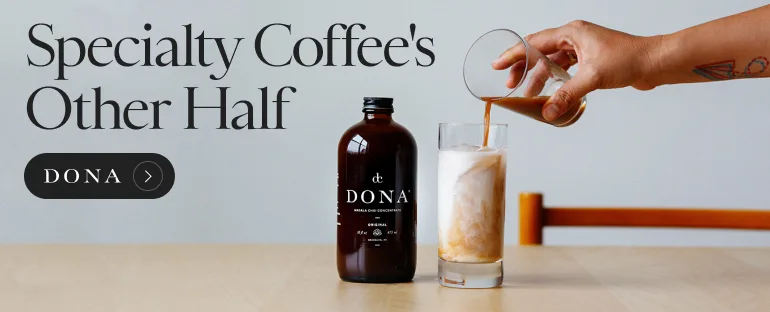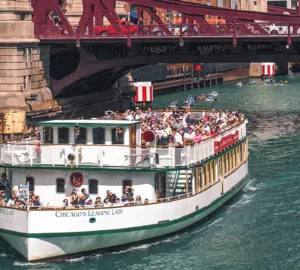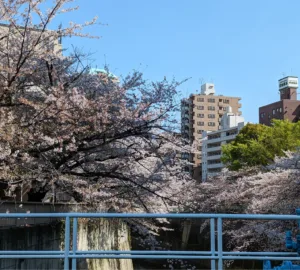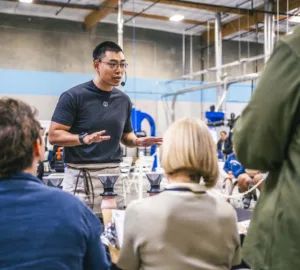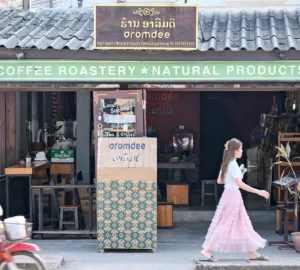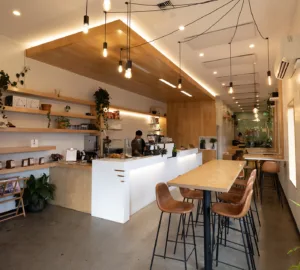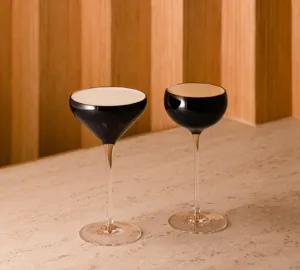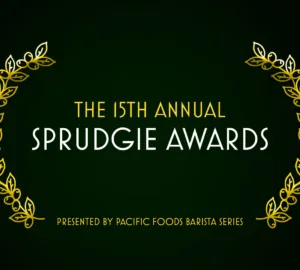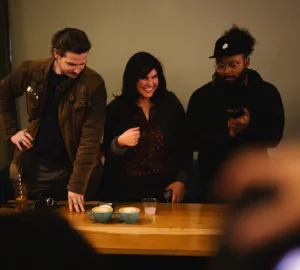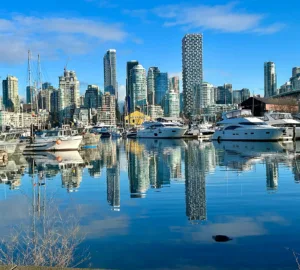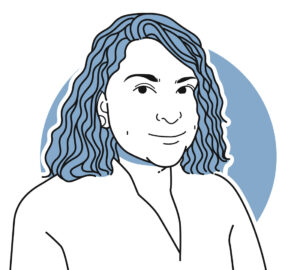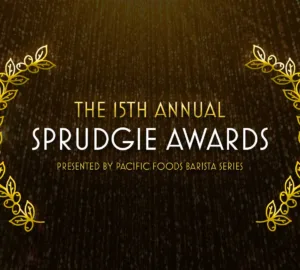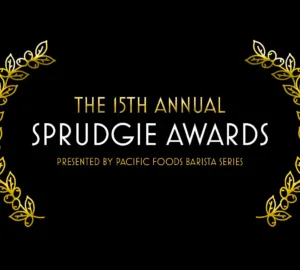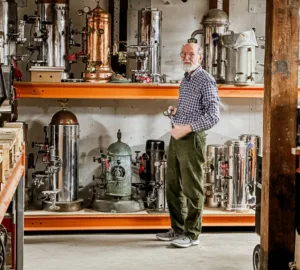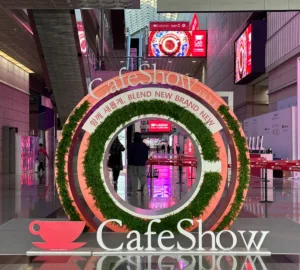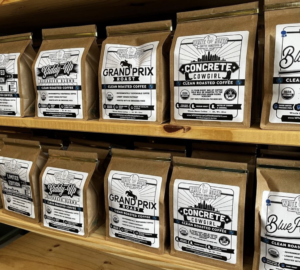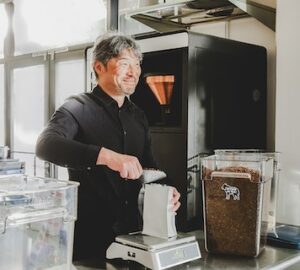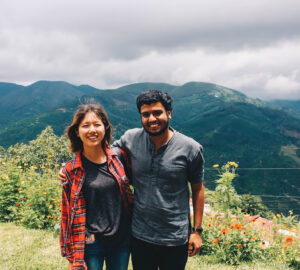In the 12 years since I had my first sip of what coffee should really taste like, the question still remains: what is good coffee? Teaching and working in the industry leads me to believe that the nature of what good coffee is comes down to not just individual ideologies, but to the simple notion of taste. Taste is something that the whole population possesses, even if many choose not to expand on it in any greater sense past what they first learn to love. You can see this day to day, as people line up to grab an oversized coffee from their favorite chain, all while most of the time there is a great independent coffee shop around the corner.
Being based in London and seeing the steroid-like growth of the coffee industry over the past five years has challenged the independent/chain dichotomy, though. Running a successful independent business nowadays generally means having more than a single shop—businesses which started 10 years ago have expanded to be independent chains, and many larger chains once were little one-off cafes. In London at least, commercial chains follow the independent market globally and adapt trends to what their market growth requires, while a large number of independent stores take ideas which were proven to work by the chains and make them their own. A classic example of push and pull where the little guys couldn’t exist without the big guys and the big guys wouldn’t develop without the small guys.
While the majority of the coffee industry will likely remain in the commercial sector for some time, there are more and more efforts afoot to bridge the gap. In the UK the answer to this is Harris + Hoole, a collaboration between the Tolley family (Taylor St. Baristas) and Europe’s largest property owner Tesco. Started in 2012, within two and a half years Harris + Hoole has managed to open 42 shops, bringing good coffee to otherwise coffee-barren areas of south England, and build an army of baristas which you can now find dispersed all throughout specialty cafes in London.
Usually with such rapid expansion, or any expansion for that matter, questions over quality, staff retention, and training arise. To hear how Harris + Hoole address these concerns, I met up with Nick, Andrew, and Laura Tolley to have a chat about the question of good coffee, how they built a 500-strong army of baristas, and how technology helped them do it.
Sprudge: Specialty coffee is a term that gets thrown around a lot, it’s become almost a buzzword just like “fair trade” over the past five years. Most consumers still don’t know what it fully is but are drawn to it. Where did the idea of bringing specialty coffee to the High Street come from?
AT: The difference with specialty over other trading words that are used to describe coffee is that specialty is an objective measure, you can score it. So anyone who falsely claims specialty, you can taste the coffee and tell it is not specialty.
NT: Interestingly as well, even though we are using specialty, when we talk to our customers we don’t really talk specialty. If you look at the sign, it says “Better Coffee.” We found earlier on that specialty to a lot of people on the High Street is meaningless, it doesn’t have a definition—alternatively they found it intimidating or a bit snobbish. A key objective for H + H was how can we democratize great coffee and how can we make it a lot more accessible to the average man on the street? It doesn’t matter who you are, if you put an average punter next to a Costa Coffee and a well-made cup of coffee, they will be able to tell the difference based on taste.
VF: Where does this demographic of coffee consumers sit between the standard chains and independent cafes?
NT: What’s interesting is that if you look at the UK and the research into what has driven consumer choice in cafes over the past ten years is you find for so long it was convenience, which cafe was closest to you or on your way to work. What we’ve seen over the past 10 years is quality has become more and more important with 32% of consumers choosing quality as the number one reason for going to a coffee shop compared with 16% 5 years earlier.
We’re not going to deny that we are a High Street coffee brand, but we do do bloody good coffee and in the near future more and more people will be looking for a better quality cup.
LT: In a way it’s similar to what Starbucks did in the UK 15 years ago by introducing large milky coffees and the idea of a takeaway coffee to the population. Without that we wouldn’t be able to be here, as the cafe culture wouldn’t have developed in the way it has.
VF: Apart from introducing a huge amount of people to better coffee, you’re also producing an army of baristas that supplies London’s coffee industry. How does the structure of your training produce and keep up the quality of so many baristas?
NT: Right back from our days with Taylor St. we realised that the only way we were going to be able to grow was by being able to train people ourselves, as we knew the supply of baristas in London was highly depleted. We needed baristas and even if you got a really good barista you didn’t want him to be a dickhead as it’s disruptive to the culture of the business. So for us it was important to be able to take on people and get them up to speed quickly, which in the end would be beneficial commercially and culturally to the business.
VF: In H + H you do five days of training. I know how much training can be done in five days, but how do you up keep the training and education?
AT: We have an initial four-and-a-half days intensive training where we get them from nothing to basic latte. We get them to do a shadow shift where they are in a shop and don’t actually do a shift, but get to experience different parts of the store without having to serve customers which eases them into the shop life and then we have ongoing assessments and training. The next stage is we have coffee coaches who are responsible for several shops each and they do in-shop training and they also do assessment. Before the end of three months they have an assessment where they have to score above a certain percentage to pass, and the scoring is based on the WBC standard. After that they have a series of assessments and then move onto advanced training modules which last about a month each consisting of peer to peer, online, and experimental training which are focused around barista skills, sensory skills, and operational skills in working as a team.
VF: What about scaling and training?
NT: I think there’s a misconception there of when you get bigger the quality has to go down. But actually what we’ve seen here is the bigger you are the more you can invest in your training, in your facilities, in your technology, and support staff. All those things are critical to improving and maintaining your quality of coffee. What we’re actually finding is as we are getting bigger on average the quality of what we are doing is getting better. Which feels like a bit of a paradox.
VF: You’ve mentioned the H + H social network. Looking online, you can see that the H + H website is really approachable. You also have an app, and each of your shops has its own social media accounts. There’s technology integrated throughout as well. How do you see the digital aspects being an important part of the business?
NT: We’re a coffee business born in the digital age, so it’s only natural that we should exploit the technology that is on offer. We also wanted to have a business regardless of how big it got that seemed small. Using digital to keep a business small is a good thing.
Our app is great. When I’m outside I can check in and put my phone in my pocket. I can walk up to the till. Where they will say “Hi Nick,” as my picture will appear on the screen. In the app you can input your regular drink and credit. In a busy shop such as this it really helps to manage workflow. If I want I can change the order when I am at the front. Some people just walk up and can just signal the person at the till. When we use technology we need to remember the human element in a cafe and though we are using technology to help us manage the process we never want to stop focusing on the interaction and customer experience.
VF: Any plans on overseas expansion?
NT: Not yet. Though we don’t know what the future will hold.
Victor Frankowski is a founder at DunneFrankowski and a Sprudge contributor based in London. Read more Victor Frankowski on Sprudge.
All photos by Victor Frankowski for Sprudge.com











